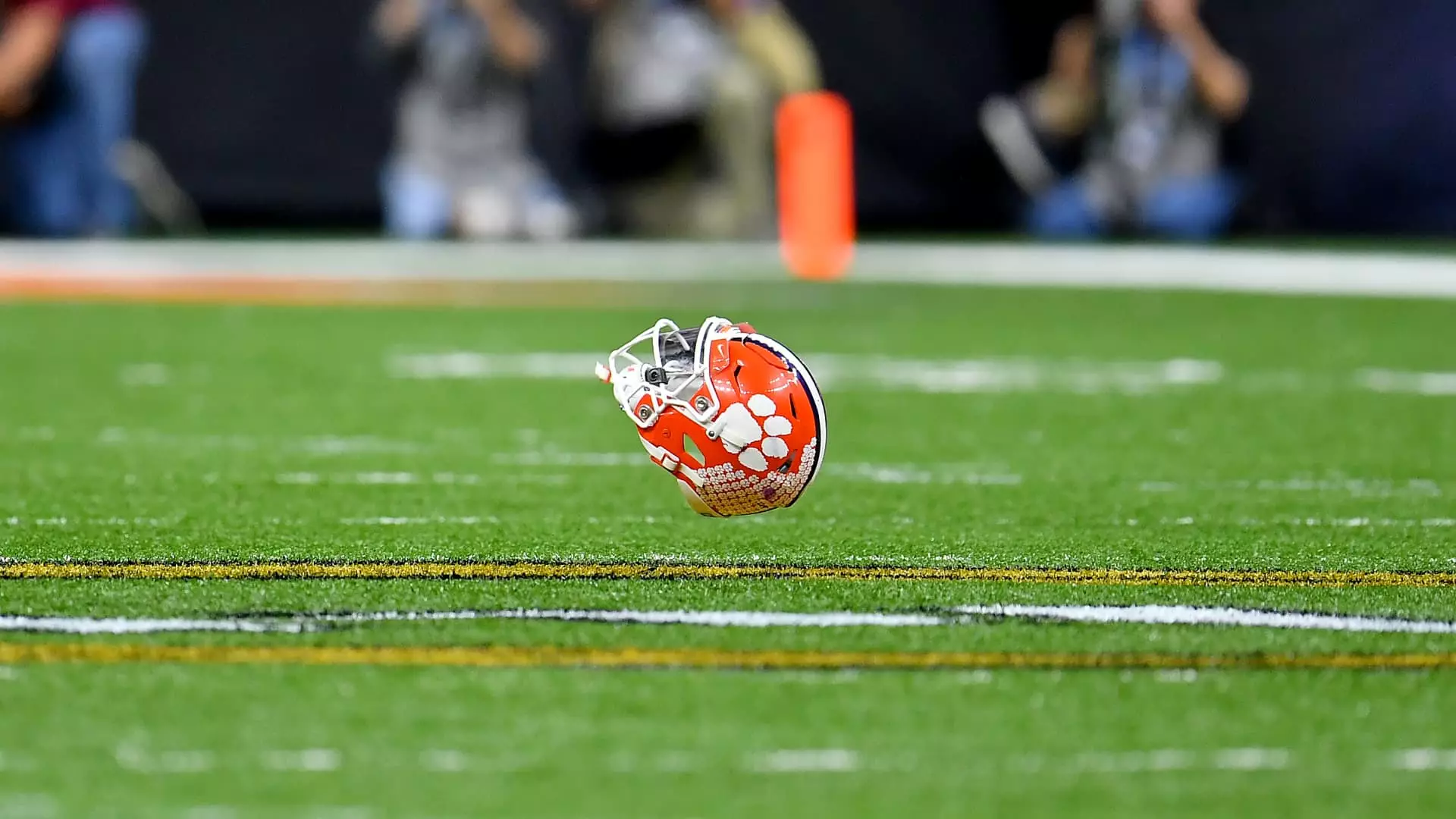In a notable turn of events, DirecTV and Disney have rekindled their partnership, restoring access to Disney’s ESPN channels and other properties just in time for pivotal sports broadcasts and major televised events. Having experienced a blackout lasting approximately two weeks due to disagreements over fee structures and content bundles, this deal is significant for DirecTV’s more than 11 million subscribers. The abrupt cessation of various channels denied customers the chance to watch key events like the U.S. Open and the season opener of “Monday Night Football.” The urgency of this agreement also aligns with upcoming college football games, ensuring that fans are not deprived of their favorite pastimes.
The disagreement began on September 1, when negotiations soured over how much DirecTV should pay for Disney’s networks. DirecTV executives had expressed a desire to offer more tailored subscription options—specifically genre-focused bundles—rather than traditional comprehensive packages. Disney, however, asserted that DirecTV’s proposals didn’t adequately reflect the market value of the content it was providing. The standoff emphasized the challenges posed by an evolving media landscape, where consumer preferences increasingly lean towards customization rather than rigid programming schedules.
Details of the newly reached agreement reveal a more flexible pricing structure that aims to cater to diverse viewer preferences. The accord not only reinstates access to Disney’s popular TV networks but also opens the door for DirecTV to offer various genre-specific bundles, including sports and family entertainment. Notably, this includes access to streaming services like Disney+, Hulu, and ESPN+, demonstrating a shift towards blended offerings within the digital space. Furthermore, DirecTV has secured rights to distribute Disney’s forthcoming flagship ESPN streaming service, scheduled to launch in fall 2025, without any additional cost to its subscribers—a move that could rejuvenate its subscription base.
The two-week blackout had detrimental effects on both parties, leading to a loss of viewership and consequently, revenue. Within this context, DirecTV’s Chief Marketing Officer acknowledged that losing subscribers during the blackout was anything but insignificant. The communication breakdown led to lost opportunities for numerous small business owners who typically depend on DirecTV for comprehensive sports coverage, particularly bars and restaurants that pivot around key sports broadcasts. The ramifications of the blackout extended beyond individual subscribers, affecting community gathering spots and local economies, highlighting the broader importance of sports broadcasting in American culture.
The negotiation period was rife with accusations, with DirecTV labeling Disney as “anti-consumer” and Disney countering by describing DirecTV’s responses as largely hypothetical. The tactics used by both companies drew criticism, shedding light on an industry grappling with the realities of changing viewer behaviors and the need for fair negotiations within the complex landscape of media rights. Furthermore, the interconnection between sports broadcasting and major societal events, such as presidential debates, was starkly illustrated when DirecTV opted not to temporarily restore ABC access, arguing it was unnecessary due to alternative broadcasting options.
This case serves as an illuminating example of the broader themes at play in the current media landscape, particularly the shift from traditional pay-TV bundles to an a la carte approach driven by streaming services. DirecTV is acutely aware of the challenges it faces, leading to a renewed ad campaign emphasizing its capabilities beyond mere satellite television. As consumers continue to pivot toward more flexible streaming solutions, the urgency for conventional providers to innovate and adapt has never been greater.
The resurrection of the DirecTV-Disney partnership signifies not just a restoration of service but a pivotal moment in the evolution of content delivery models in an industry that is rapidly changing. The resolution highlights the necessity for robust negotiations and the importance of catering to consumer needs while addressing the shifting dynamics of media consumption.

